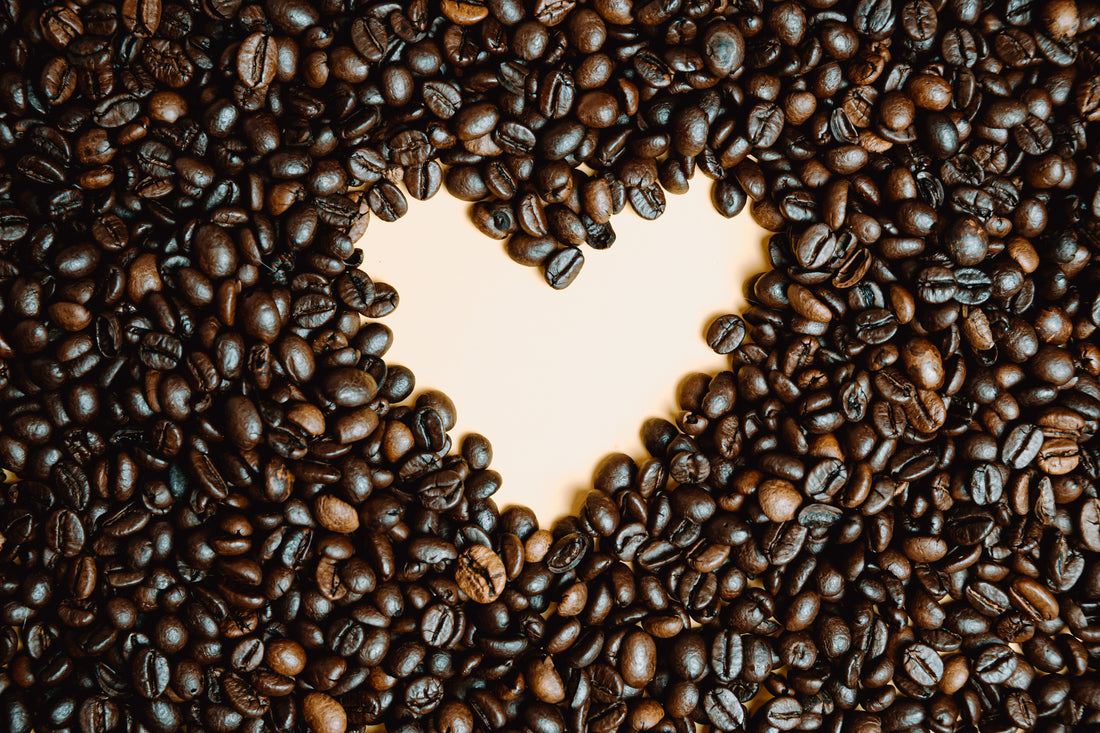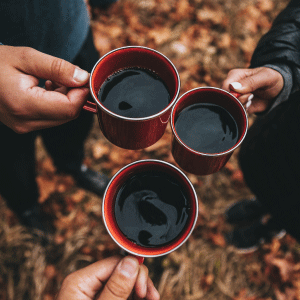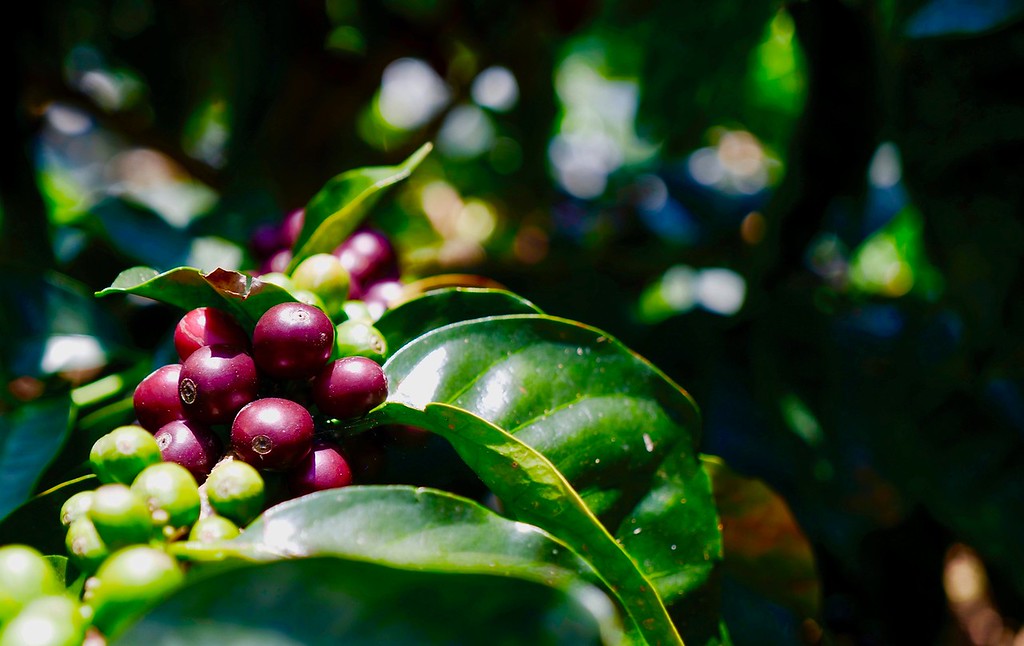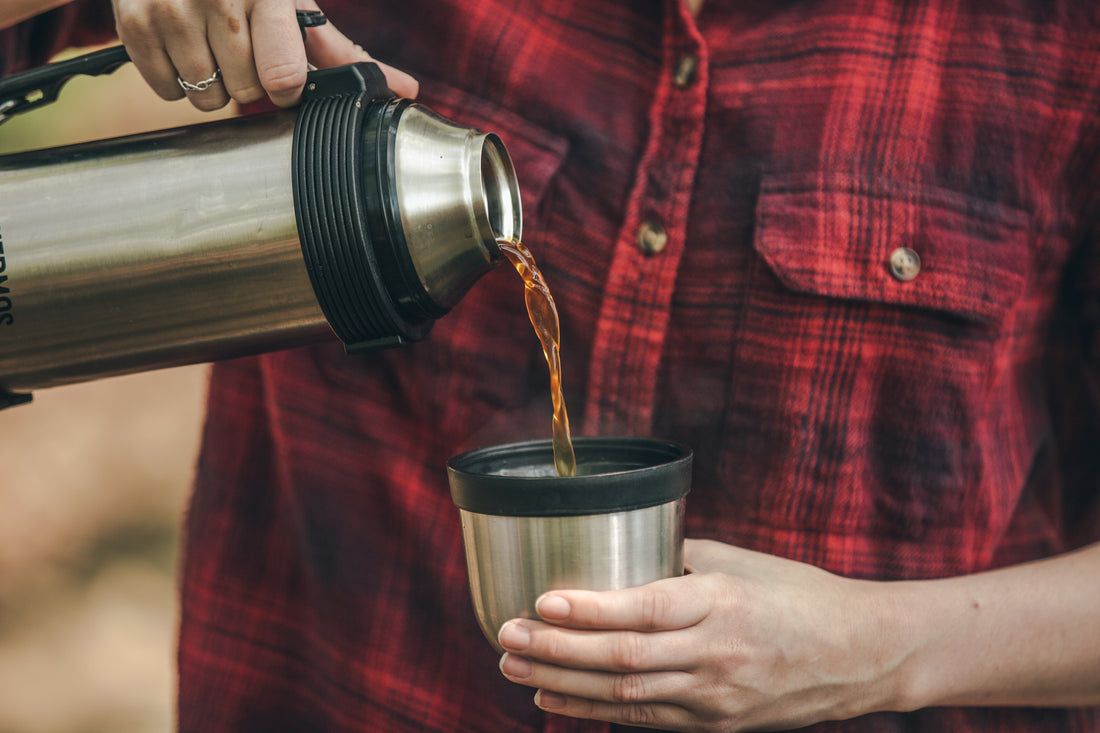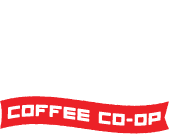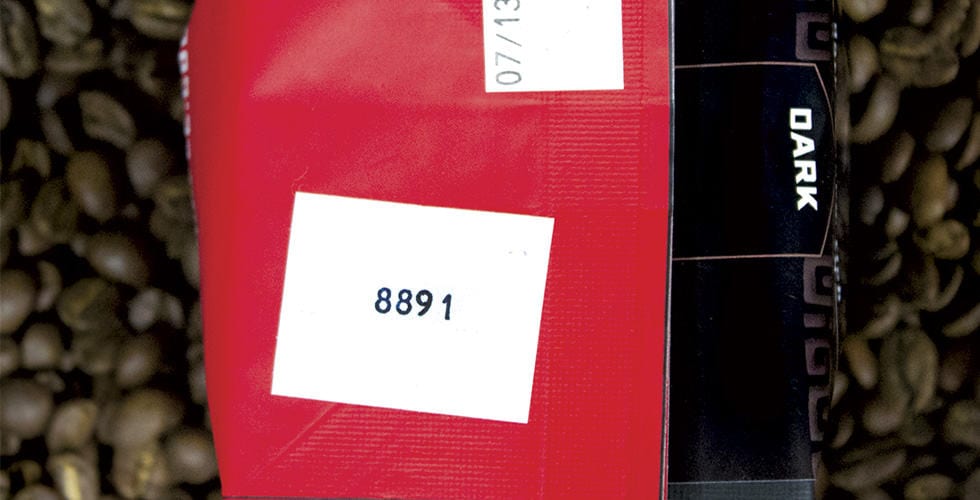
Articles
Know Your Coffee: MOSA Code & Roast Log
f someone ever tells you all coffee is the same, punch them in the face. Just kidding, don’t do that, that’s assault. What you should do is tell them how there are many varieties of coffees unique to their origins in both flavor and profile.
One way to know what you’re talking about is to check out the 4-digit code on the bottom of your Just Coffee Cooperative coffee bag. This code, also known as the Midwest Organic Services Association (MOSA) code, refers to many things: 1) That our coffee is certified organic, 2) The roast date of your specific bag of beans, 3) The origin of your coffee and 4) The specific fair trade contract in which Just Coffee Cooperative and our coffee farmer have signed and agreed upon.
The contracts (that are always made available to you online) can be found through our Transparency page, but to get information quickly on your particular bag of beans head over to our Roast Log.
By using the “find” function on your computer, enter in the 4-digit MOSA code. What you will find is this:

The 3-letter code (i.e. GUJ) refers to the origin and lot number your coffee came from. The dollar amount shown (i.e. $3.39) is how much Just Coffee Cooperative paid per pound of that coffee to our farmer partner. The link that follows that information can be copied and pasted into your browser to take you to a scanned copy of the actual signed contract. And last, but certainly not least, the date (i.e. 1/11/2016) refers to the roast date.
Despite what anyone may tell you, organic coffee does expire, as coffee loses its flavor and freshness over time. From a coffee snobs perspective, you should finish a 12oz bag within a week – but if that’s not your style, try only to purchase as much as you think you will consume in a week to two week period.
So why is this information important to you? Transparency. Transparency is key to providing a fair deal to both YOU as a consumer as well as to our farmer partners. Quality coffee isn’t cheap, and it shouldn’t be, as every bean is hand picked, hand cared for, shipped internationally and then hand roasted in small batches to perfection.
Know where your coffee comes from. Know who grows it, how much was paid for it and how much care and love was put into every roast – and know how far your dollar is really going when you purchase and brew a cup of 100% Fair Trade, organic certified coffee from Just Coffee Co-op.
